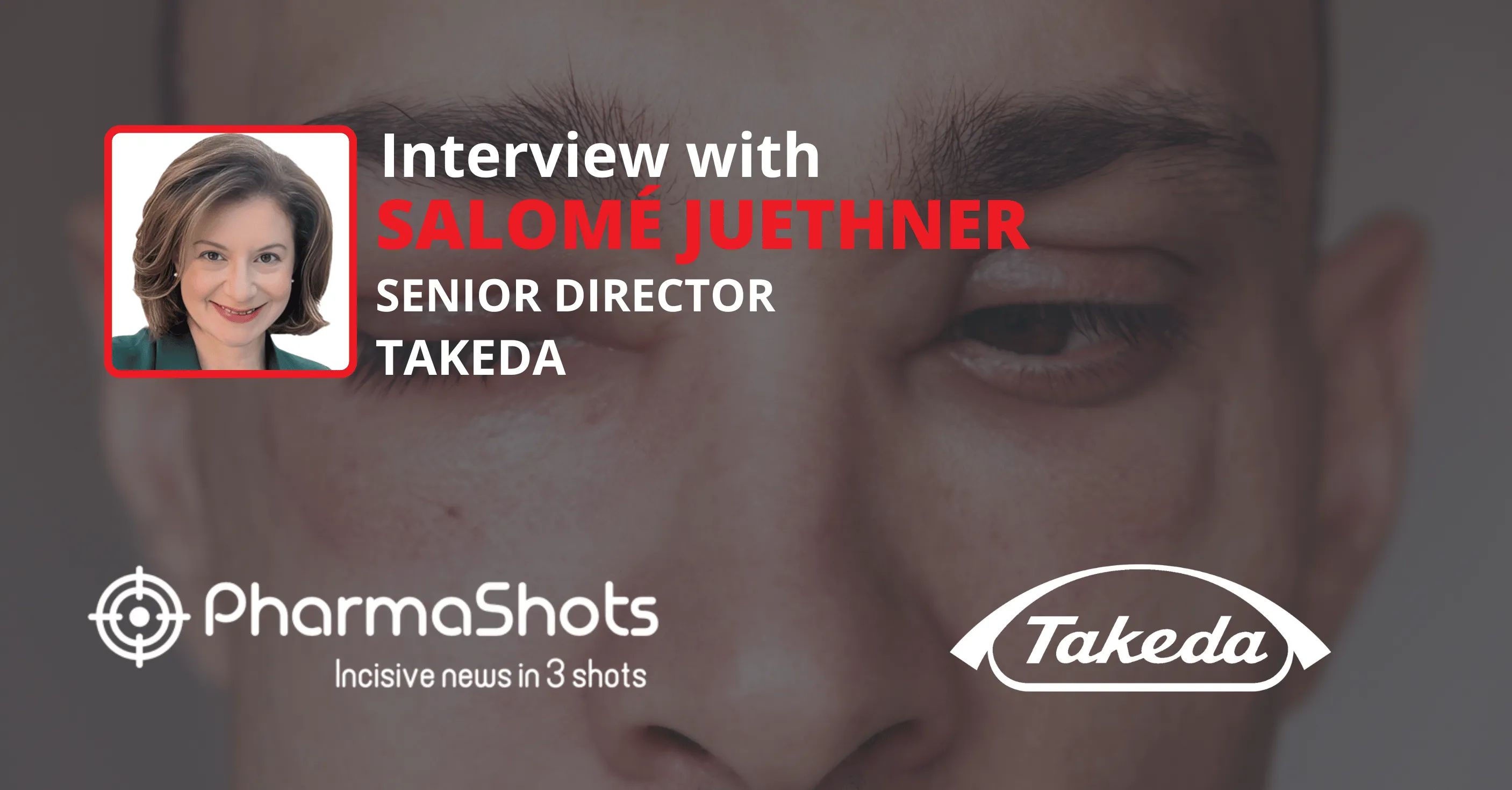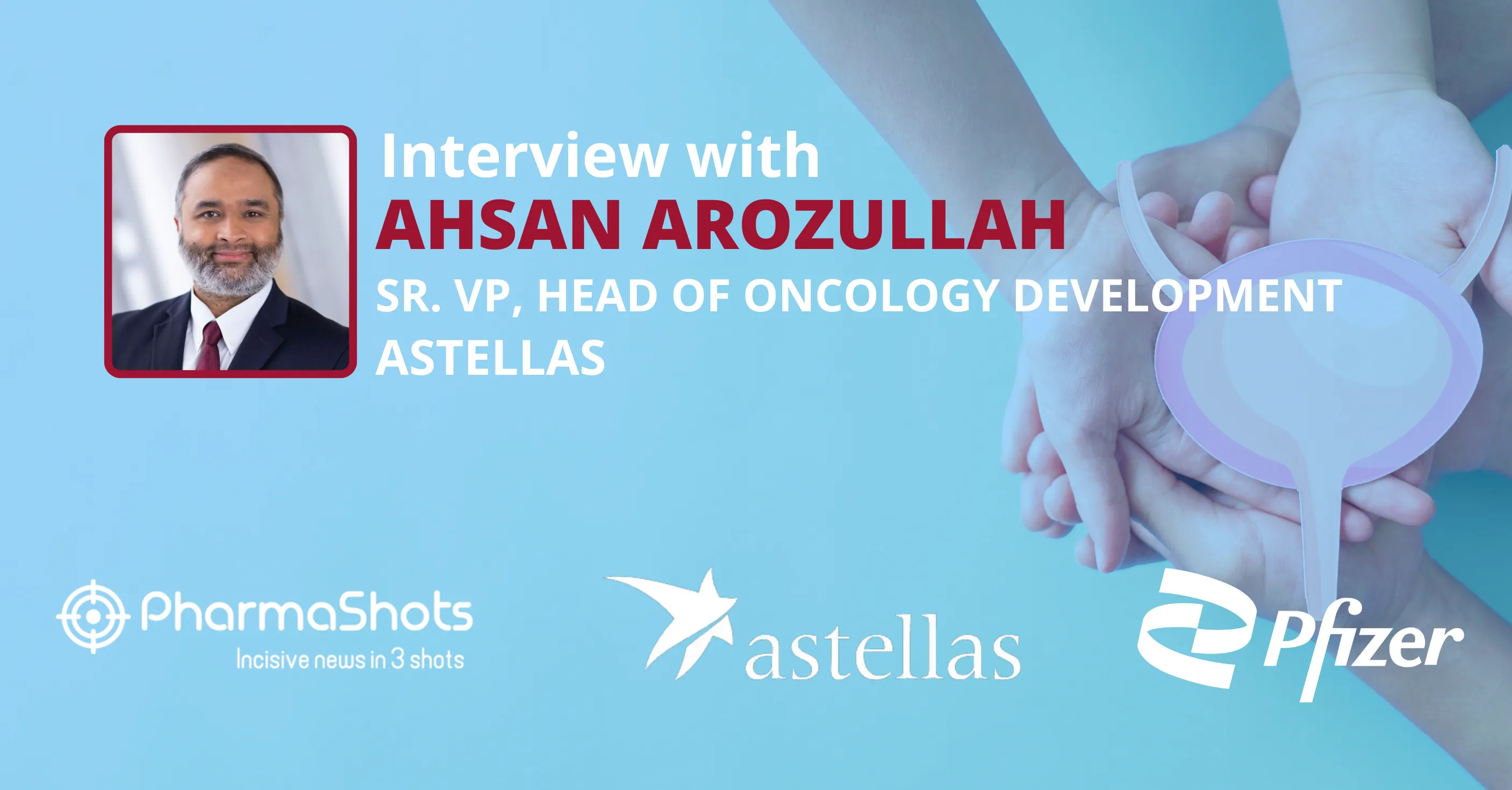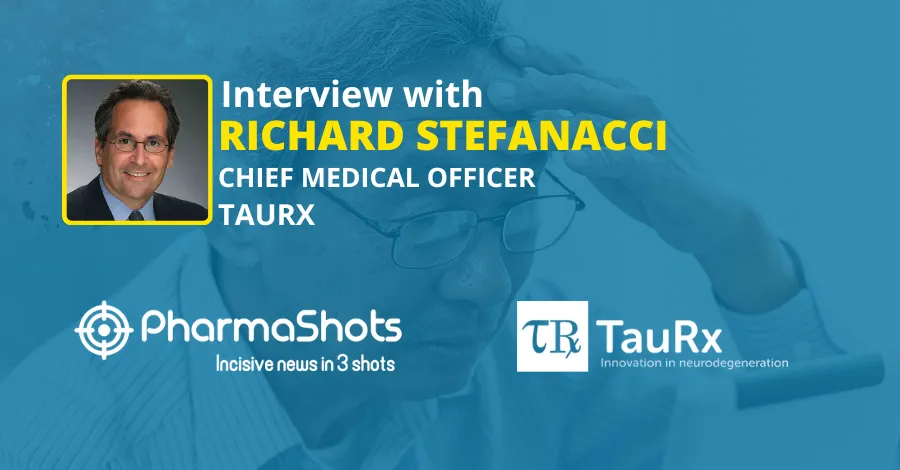
PharmaShots Interview: Tillotts Pharma’s Adrian Hill & Christian Weidenfeller Share Insights on Dificlir (fidaxomicin) for the Treatment of Clostridioides Difficile Infection
In an interview with PharmaShots, Adrian Hill, Head of Commercial Operations & Christian Weidenfeller, Global Head of Medical Affairs Anti-Infectives at Tillotts Pharma share their views on the ESCMID recommendation for Dificlir (fidaxomicin) to treat Clostridioides Difficile Infection
Shots:
· Clostridioides difficile infection (CDI) is the leading cause of hospital-acquired infection
· The number of CDI cases is rising and one in four CDI patients suffers a recurrence of infection
· In clinical trials fidaxomicin has been shown to reduce recurrence of CDI and it is now recommended as the first-line treatment for CDI in European and U.S. guidelines
Tuba: Firstly, we would like to talk about Clostridioides difficile infection (CDI). What causes it and what is its epidemiology in the US, the EU and globally?
Adrian: Clostridioides difficile infection (CDI) is the leading cause of hospital- acquired infection and diarrhoea. Anyone can get a CDI, but it is 20–50% more likely to occur in people who have been in a hospital or care setting long-term, have been on antibiotics, are elderly, have cancer or have renal impairment. In 2011, there were half a million C. difficile infections in the US and 124,000 cases in Europe. The number of cases is rising and it has been estimated that up to one in four CDI patients suffer a recurrence of infection following antibiotic treatment. Among patients who relapse, every other person will subsequently relapse again and a subset of these patients will go on to have multiple recurrences.
Tuba: What are the key features of Dificlir (fidaxomicin)?
Christian: Fidaxomicin is indicated for the treatment of CDI also known as C. difficile-associated diarrhoea (CDAD) in adult and paediatric patients in Europe and the US due to its effectiveness at treating CDI and preventing recurrence. The sustained response rates may be due to fidaxomicin having a narrower spectrum of activity and being less detrimental to the normal gut flora than other antibiotics currently approved for treating a CDI. Fidaxomicin treats CDI with minimal disruption to the
microbiota, helping to preserve colonisation resistance and restricting opportunities for C. difficile recurrence.
Tuba: What were the trial designs of the trials assessing the efficacy and safety of Dificlir?
Christian: The efficacy and safety of Dificlir was evaluated in one multicentre, double-blind, randomised, non-inferiority trial and one multicentre, double-blind parallel group trial. In the first trial 629 patients were enrolled at 52 sites in the United States and 15 sites in Canada. Over the course of 10 days, half of the participants received fidaxomicin (200 mg every 12 hours) and half received oral vancomycin (125 mg every 6 hours) for 10 days. In the second trial 535 patients were enrolled 45 sites in Europe and 41 sites in the US and Canada, where they received either 200 mg of fidaxomicin every 12 hours, with intervening matching doses of placebo, or 125 mg of vancomycin every 6 hours.
Tuba: How was fidaxomicin’s advantage over vancomycin established during the Phase 3 clinical trials?
Christian: In the first Phase 3 clinical trial the rates of clinical cure with fidaxomicin were noninferior to those with vancomycin (88.2% with fidaxomicin and 85.8% with vancomycin). Significantly fewer patients in the fidaxomicin group than in the vancomycin group had a recurrence of the infection (15.4% vs. 25.3%, P=0.005). Clinical cure noninferiority was also demonstrated in a second trial (87.7% with fidaxomicin and 86.8% with vancomycin). In this trial similar outcomes were seen in the modified intention-to-treat treatment groups, although patients receiving concomitant antibiotics for other infections had a higher cure rate with fidaxomicin than vancomycin (90.2% with fidaxomicin and 73.3% with vancomycin, P=0.031).
Tuba: What is the CDI recurrence ratio after initial treatment with fidaxomicin and vancomycin?
Christian: Fidaxomicin is associated with a reduction in recurrence of 45% vs. the previous standard of care, vancomycin. This is important because recurrence can be debilitating, painful and distressing, and can extend hospital stays considerably.
Tuba: What does the ESCMID recommendation mean to CDI patients? How is it
going to impact the sale of Tillotts’ Dificlir?
Adrian: We know that physicians recognise and respect ESCMID guidelines and therefore the recommendation that Dificlir should be used first-line will mean that more patients are considered to be suitable candidates for treatment with fidaxomicin. We know that the number of cases of CDI is rising across Europe and preventing recurrence is increasingly important.
Christian: There is a considerable unmet need in the treatment of CDI, with far too many patients struggling with debilitating symptoms, sometimes with a second infection within 4-8 weeks of the first. We welcome the European Society of Clinical Microbiology and Infectious Diseases’ (ESCMID) recommendation that Dificlir should be used for the initial treatment and first recurrence of CDI infection as this brings Europe in line with the US and should mean that more patients can benefit from treatment with fidaxomicin.
Tuba: What is coming up for Tillotts in the gastroenterology space?
Adrian: Tillotts is committed to investing in the gastroenterology space, both to better characterize the use of our existing products under real world conditions and to develop new products to address existing medical needs. We are passionate about improving care for people with gastrointestinal (GI) diseases and we have over 30 years’ expertise in developing and manufacturing treatments for
inflammatory bowel disease (IBD), with a focus on ulcerative colitis, Crohn’s disease and microscopic
colitis.
Tuba: What are your plans for the launch of Dificlir globally?
Adrian: Dificlir tablets are available widely in key territories and markets across Europe, the Middle East and Africa. Dificlir granules for reconstitution into oral suspension are currently being launched across our key markets in Europe and the Middle East for adults and paediatric patients from birth to < 18 years of age. The suspension offers key benefits not only to the paediatric population but also for patients that have difficulty swallowing, offering these patients a convenient alternative to tablets.
Source: Adweek About Authors:
Adrian Hill
Adrian Hill is the Head of Commercial Operations at Tillotts Pharma. He has more than 25 years experience in commercial activities including experience in global marketing from several companies including Sanofi, GSK and most recently Kyowa Kirin. He holds the BA hons in Economics from the Manchester Metropolitan University
Christian Weidenfeller
Christian Weidenfeller is the Global Head of Medical Affairs Anti-Infectives at Tillotts Pharma. He has been medical affairs, preclinical and clinical drug development programs for over 10 years with experience across European and UK markets supporting pre-launch and launch activities. He holds the Diploma in Biology and a Ph.D. from the Westfalian-Wilhelms University Münster, Germany
Related Post: PharmaShots Interview: Clario’s Joyce Suhy Shares Insights on PET Imaging Clinical Trials
Ref: Adweek | Image: Adweek













